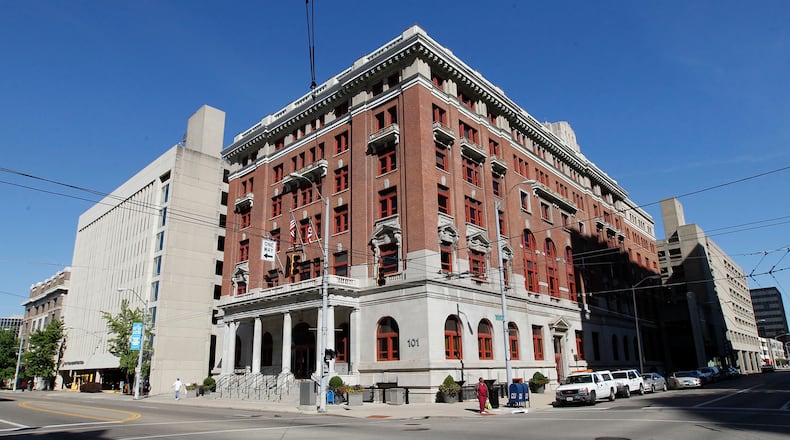We can see the tide turning as new residents choose to move into the city and more long-time residents choose to stay. Investments made by the city of Dayton and its public and private partners are attracting jobs and improving the quality of life for residents.
Strategic initiatives to improve the livability and appeal of neighborhoods are generating interest. Those include the current reconstruction of Salem Avenue, the emerging redevelopment of the former Good Samaritan Hospital site, the return of curbside leaf pickup, the rebuild of Wayne Avenue, increased residential street paving, and the planned renewal of North Main Street.
Your city government is committed to focusing its planning, development and permitting functions on neighborhood revitalization and customer service to support housing development and renovation in this decade.
For several years, city leadership has been aware of and welcoming to the new population of immigrants moving into Dayton. We chose to embrace this by creating the Welcome Dayton program.
According to a report by the New America Foundation, from 2009-2013, Dayton’s foreign-born population increased by 58 percent, comprising approximately 5% of the city’s total population. During those years, the U.S. Annual Refugee Resettlement Ceiling was relatively stable, at around 80,000 refugees/year.
But during the last presidential administration, the ceiling was reduced to a historically low number. From 2017-2020, the average annual ceiling was 35,750 refugees/year, less than half the previous administration’s annual average.
Had this rate not been reduced, and had Dayton’s foreign-born population continued to increase at its 2009-2013 rate, we would expect a foreign-born population of more than 10,000 people by 2020, which would have resulted in an overall population gain.
Given this, we need to keep up what we have been doing to turn the tide of population loss. Along with investing in our neighborhoods and improving our residents’ quality of life, we need to continue to welcome immigrants and refugees. It’s been a winning recipe to stabilize our population here in 2020, and by 2030, it will likely lead to growth.
Matt Joseph is a Dayton City Commissioner.

